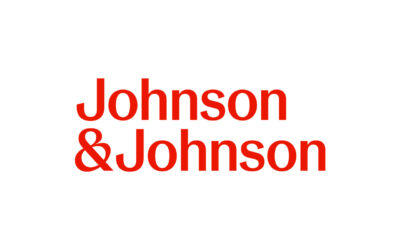2019 Report from Pennsylvania Healthcare Cost and Containment Council (PHC4) issued today
Children’s Hospital of Philadelphia (CHOP) is proud to once again collaborate with five other hospitals, the Society of Thoracic Surgeons (STS) and the Pennsylvania Health Care Cost Containment Council (PHC4) in the new public report issued today by PHC4 on outcomes of pediatric and congenital heart surgery. The 2019 report, the third issued by PHC4 since 2015, covers the years 2014 through 2017, reflecting the most recent data available to PHC4.

J. William Gaynor, MD, attending surgeon in the Cardiac Center at Children’s Hospital of Philadelphia
The report represents one of a few efforts at statewide public reporting on pediatric surgery outcomes, and according to PHC4, establishes Pennsylvania as a national leader in improving the health outcomes in children with heart disease. PHC4 is an independent state agency charged with collecting, analyzing and reporting healthcare-related information in Pennsylvania.
CHOP and the other participating hospitals, four others in Pennsylvania and one in Delaware, voluntarily provided data, including mortality rates, for 10 widely performed heart surgeries, to the STS National Congenital Heart Surgery Database. Using data from clinical registries such as the STS Database has been shown to provide a more accurate depiction of outcomes than do reports based on other data sources.
“This report by PHC4 provides key information to families who must consider treatment options for a child born with heart disease,” said J. William Gaynor, MD, a cardiothoracic surgeon at CHOP. “Collaborative efforts among surgeons, hospitals, professional organizations such as STS–and with state agencies like PHC4 are crucial to maintaining transparency of information for families, health officials and the general public.”
Affecting nearly one out of every 100 infants born in the U.S., congenital heart defects are the most common birth defect and the leading cause of deaths related to birth defects. Often affecting the structure and function of the heart, such defects may have a broad range of severity, from mild to severe. The PCH4 report provides hospital-specific volume (number of operations) and risk-adjusted in-hospital mortality data on 10 widely performed heart surgeries classified by the STS as benchmark procedures.
In addition to data on the 10 benchmark procedures, the report shows the total number of operations performed by each hospital—information that can be helpful in understanding a hospital’s overall experience with pediatric and congenital heart surgery. There were 6,696 pediatric and congenital heart surgeries performed in the six hospitals during the years 2014 through 2017. The report also looks separately at outcomes for neonates – infants less than 31 days old.
All the risk-adjusted 30-day operative mortality rates in the PCH4 report were either statistically the same as expected or better than the rates expected by national benchmarks. Ultimately, said Gaynor, “The results in the report show that families in Pennsylvania have multiple choices for quality pediatric heart surgery.”









